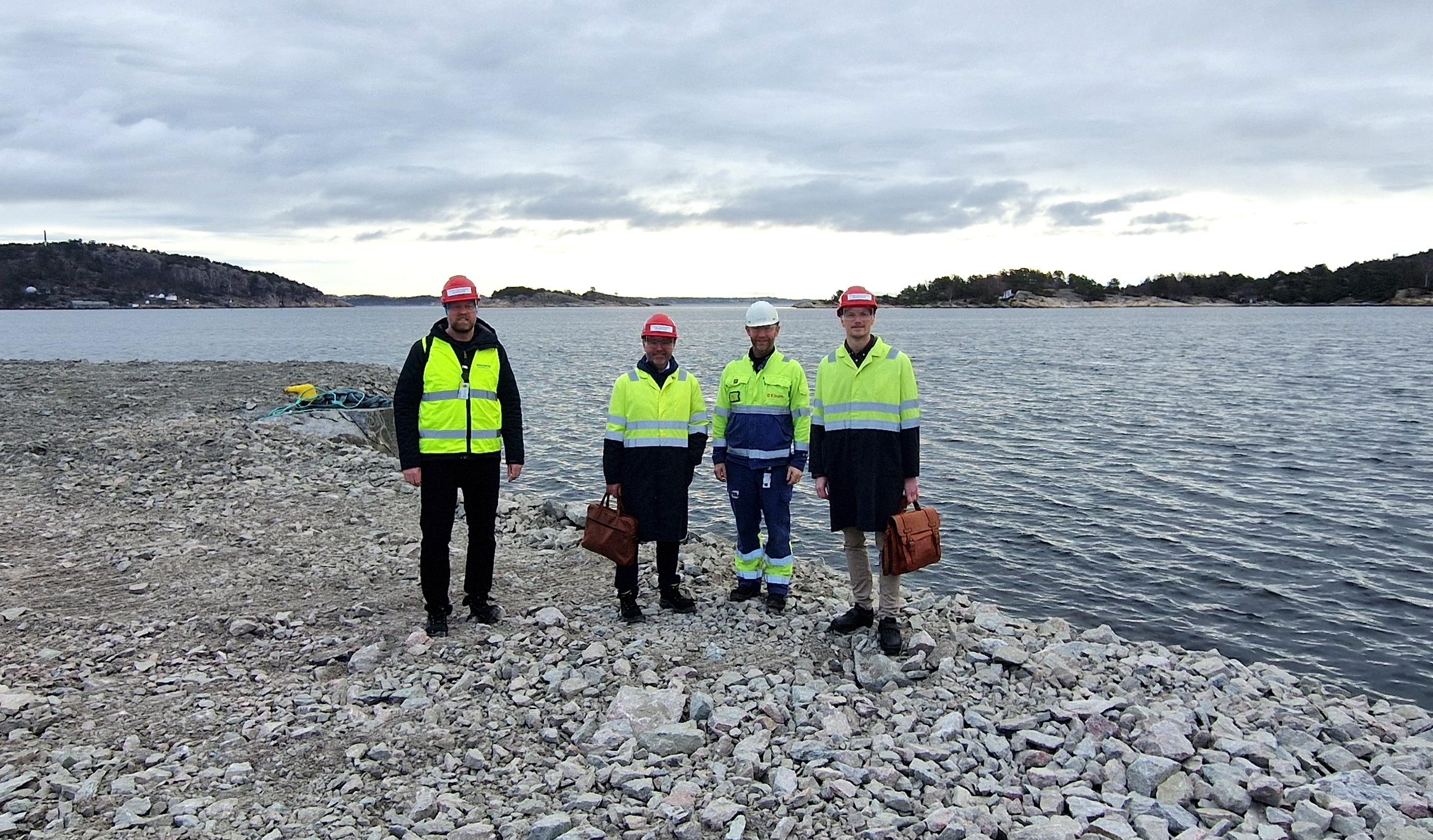“The Norwegian petroleum sector will contribute to global climate targets. We are already world-leading when it comes to producing oil and gas with the lowest emissions. The road map ensures that we remain a global leader in 2030, 2040 and 2050”, says Karl Eirik Schjøtt-Pedersen, CEO of the Norwegian Oil and Gas Association.
The NCS road map, which has been developed by the Norwegian Oil and Gas Association, Norwegian Shipowners Association, The Federation of Norwegian Industries, and through KonKraft, has two main goals: 1) Establish ambitions for the industry’s long-term production and value creation on the NCS up to 2030 and 2050 and 2) Establish ambitions for reducing greenhouse gas emissions in the petroleum sector and shipping up to 2030 and 2050.
The road map offers an action plan, which describes the specific steps the industry will take to follow up the established goals.
Attention in the road map is concentrated primarily on the value chain from drilling to field cessation, since these are the areas which the companies operating on the NCS have the greatest influence over. The petroleum industry in Norway will nevertheless look at how it can contribute to technology developments, which reduce emissions from end users of oil and gas. Technology and solutions which cut emissions from production, transport and end use of oil and gas can be exported and contribute to reducing emissions outside Norway. The industry will report to the authorities every year on measures taken or planned to reach the goal and every 5 years on results obtained.
“Emission of greenhouse gases must be part of all decision-making, and we need to look at how every part of the value chain can contribute”, says Schjøtt-Pedersen.
Anne-Grete Ellingsen, CEO at GCE NODE, applauds the initiative and the ambition.
“We have already developed a tool for determining how our businesses impact the environment. Ecotrack analyzes and documents the environmental impact of products and services developed, produced and utilized by the global energy and maritime industries. This is a newly developed tool that could fit well into the road map”, says Ellingsen.
GCE NODE starts a new educational program in 2017 entitled: Sustainable business models and environmental leadership. This emphasizes the cluster’s determination to follow up the Paris agreement.
“To succeed, we need to agree on how our contribution to reduced environmental impact and costs shall be reported, from the suppliers to the ship- and rig owners, to the oil companies. The effort needs to be seen in a life-cycle assessment and a common standard or form for this needs to be established.
Most companies that already report to the market on sustainability use the Global Reporting Initiative (GRI) as a standard. Thus, it would be efficient to use t he applicable parts of GRI standards when reporting goals defined in the road map. A common standard for reporting will ease the cooperation in the industry and contribute to create eco-friendlier solutions that are both better for the environment and better for business”, says Ellingsen.



